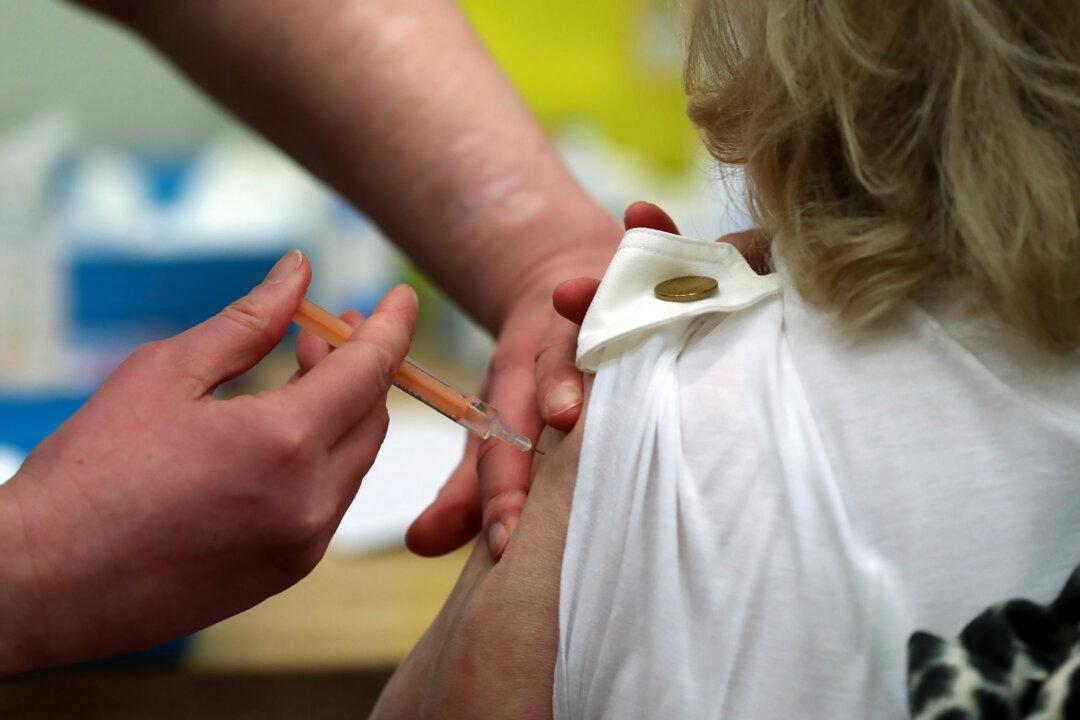The public can still have faith in the efficacy of vaccines despite new research showing they are less effective against the South African variant of the CCP virus, the UK’s vaccine deployment minister Nadhim Zahawi said on Monday.
A new study has found that the Oxford/AstraZeneca vaccine provides minimal protection against mild and moderate cases of the South African variant of the CCP (Chinese Communist Party) virus, also known as the novel coronavirus.





